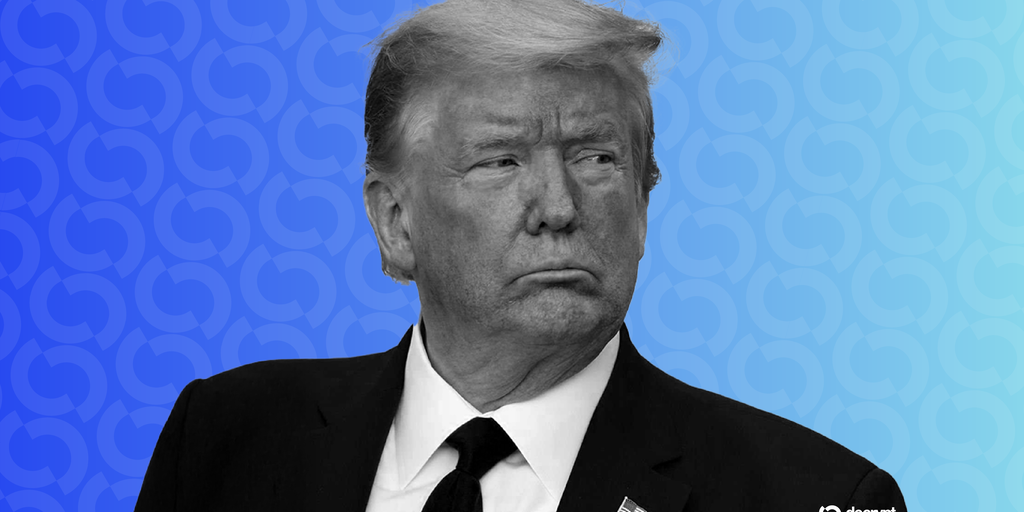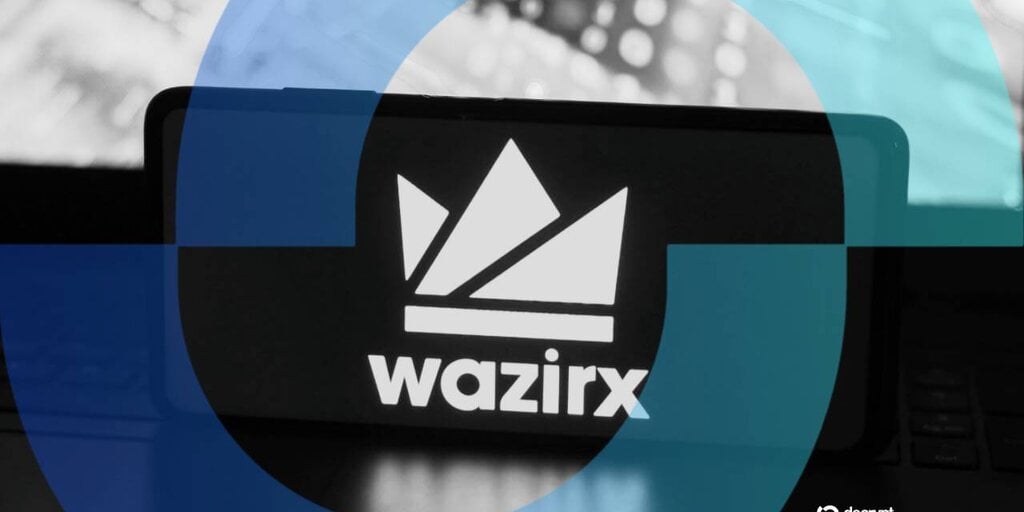
In brief
- Blueprynt’s pilot program for “Know Your Issuer” tapped USDC and PYUSD.
- The solution is aimed at stifling counterfeit cryptocurrencies.
- The pilot comes amid new guidance for banks and safeguarding crypto.
Bluprynt recently completed a pilot project aimed at stifling counterfeit cryptocurrencies, integrating a “Know Your Issuer” framework into stablecoins from Circle and PayPal, the provider of crypto-focused compliance solutions told Decrypt on Wednesday.
The company, led by Georgetown Law Professor Chris Brummer, estimates that phony tokens are causing crypto users at least $1.6 billion in losses each year. The company’s solution aims to reduce that sum by linking issuers’ credentials to assets on-chain.
“The question of counterfeit tokens is more than just a retail investor issue, although it’s an obvious one,” he said. “If you create a token, and someone’s creating a counterfeit version, it can be very hard to do your business because someone is undermining your brand.”
Bluprynt’s solution represents a crypto-native riff on KYB, or Know Your Business. The due diligence process is used to verify the legal status of a business, and its compliance with anti-money laundering rules, while establishing so-called verified identities.
Under Know Your Issuer, or KYB, verified identities are attached to the digital asset itself. Although the technology could be integrated into digital wallets and infrastructure as a way to help retail investors, the product is also aimed at institutions, Brummer said.
“Instead of using a TradFi accounting system, or some kind of Web2-based system, we’re able to create, in essence, a verifiable digital identity at the point of issuance,” he said.
The pilot’s completion comes as the U.S. Office of the Comptroller of the Currency issues new guidance for banks on safeguarding digital assets. Signaling a broader regulatory shift, it reaffirmed national banks’ authority to manage and outsource crypto services in May.
“Bluprynt’s KYI framework is a breakthrough for digital asset integrity,” Christopher Giancarlo, a Paxos board member and former CFTC chair, said in a statement.
Institutions have compliance needs, but they can be in conflict with the permissionless ethos of decentralized finance, or DeFi, in some ways. Some crypto advocates feel that abiding by regulations inevitably requires some degree of centralization, in order to be effective.
“Institutional DeFi can seem like an oxymoron,” Brummer said. “But you’re going to need to figure out something that keeps the integrity of the DeFi system but doesn’t morph or change the market structure in such a way that lends towards or accelerates centralization.”
There is nothing stopping an individual from creating a meme coin that resembles a stablecoin like USDC through a platform like Pump.fun. Self-custodial wallets like Phantom would show users that its price is not pegged to the dollar, but its appearance could be identical.
Circle’s USDC and PayPal’s PYUSD are among the largest stablecoins by market capitalization, totaling $69 billion and $1.1 billion, respectively, according to crypto data provider CoinGecko. PayPal’s stablecoin is issued by Paxos.
Bluprynt said it recently integrated KYI with the Solana Attestation Service, or SAS, a piece of infrastructure that allows entities to publish attestations about tokens and addresses on-chain. Publishing KYI credentials through SAS, issuers can enable token verification for wallets, blockchain explorers, and other on-chain tools, Bluprynt said.
Wall Street may not like fake tokens, but Hollywood is no different. After launching his own meme coin last week, rapper Kanye West said his Instagram account had been hacked on Tuesday, promoting a phony YZY token of the same name.
Daily Debrief Newsletter
Start every day with the top news stories right now, plus original features, a podcast, videos and more.




